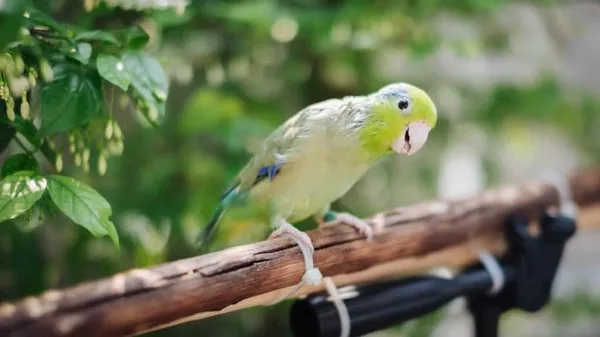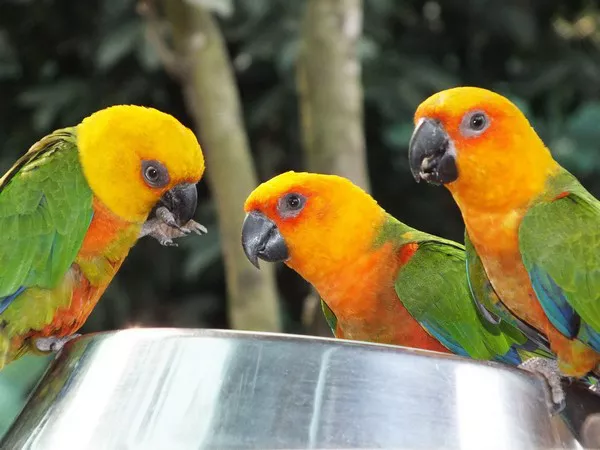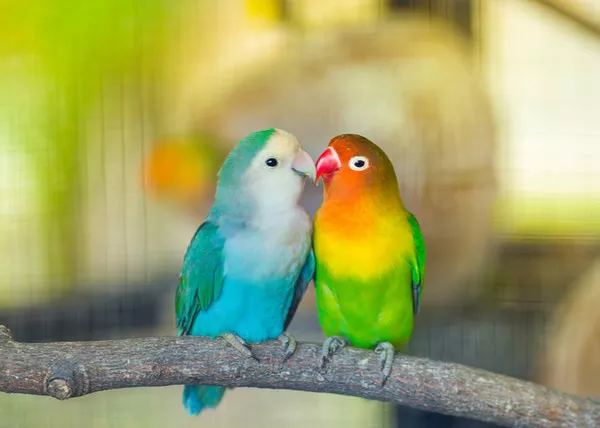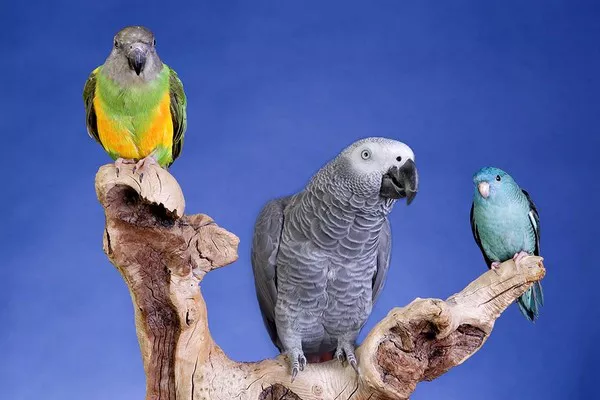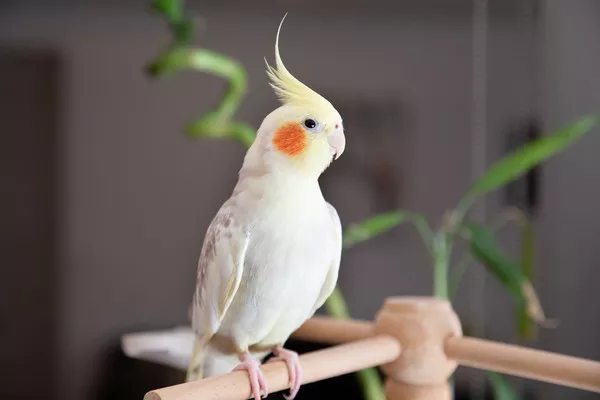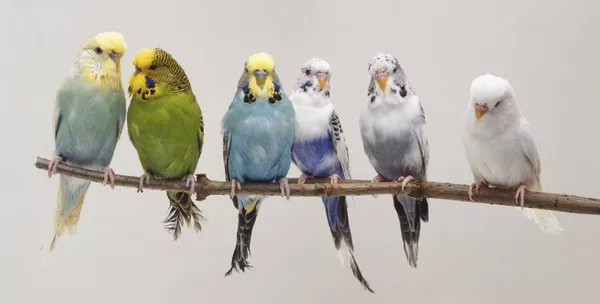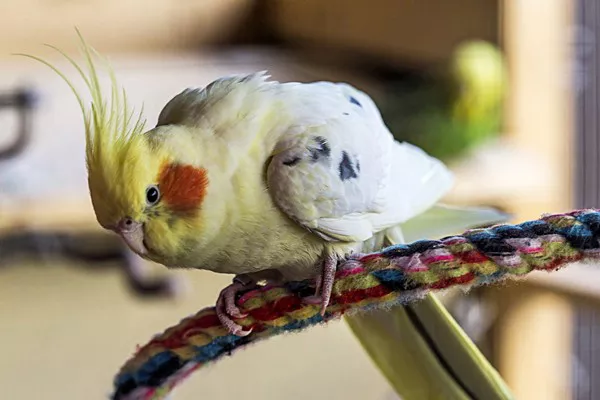African grey parrots are one of the most popular species of pet birds due to their intelligence, social nature, and ability to learn human language. They are also known for their long lifespan, which can make them a lifetime companion for their owners. In this article, we will explore the average lifespan of African grey parrots and the factors that can affect their longevity.
Average Lifespan of African Grey Parrots
The average lifespan of an African grey parrot is around 40-60 years in captivity, although some birds have been known to live well into their 80s. This makes them one of the longest-living bird species, along with macaws and cockatoos.
Factors that Affect Lifespan
Several factors can affect the lifespan of African grey parrots, including genetics, diet, exercise, and environmental conditions.
Genetics: Genetics play a significant role in the lifespan of African grey parrots. Birds that come from healthy, long-lived parents are more likely to live a long life themselves.
Diet: Proper nutrition is essential for the health and longevity of African grey parrots. A balanced diet should include a variety of fruits, vegetables, grains, and protein sources, such as pellets and nuts. Owners should avoid feeding their birds a diet that is high in fat, sugar, or salt, which can lead to health problems and a shortened lifespan.
Exercise: Regular exercise is also essential for the health and longevity of African grey parrots. These birds are highly active in the wild and need plenty of opportunities to exercise and play in captivity. Providing them with toys, perches, and climbing structures can help keep them active and engaged.
Environmental Conditions: African grey parrots require a comfortable and safe environment to live in. Owners should provide their birds with a spacious cage that is free of toxins, drafts, and other potential hazards. They should also avoid exposing their birds to extreme temperatures, which can be harmful to their health.
Health Problems that can Affect Lifespan
Like all animals, African grey parrots are susceptible to a variety of health problems that can affect their lifespan. Some of the most common health problems that can shorten the lifespan of African grey parrots include:
- Obesity: Obesity can lead to a variety of health problems, including heart disease and diabetes. Owners should monitor their bird’s weight and avoid overfeeding them.
- Respiratory Infections: African grey parrots are prone to respiratory infections, which can be caused by bacteria, viruses, or fungi. These infections can lead to serious health problems if left untreated.
- Psittacosis: Psittacosis, also known as parrot fever, is a bacterial infection that can be transmitted to humans. It can cause a range of symptoms in birds, including respiratory problems, fever, and lethargy.
- Feather Plucking: Feather plucking is a common problem in African grey parrots that can be caused by stress, boredom, or health problems. Over time, feather plucking can lead to skin infections and other health problems.
Tips for Promoting Longevity in African Grey Parrots
To help ensure a long and healthy life for their African grey parrots, owners should:
- Provide a balanced and nutritious diet
- Encourage regular exercise and play
- Monitor their bird’s weight and avoid overfeeding
- Keep their bird’s environment clean and safe
- Schedule regular check-ups with a qualified avian veterinarian
- Provide mental stimulation and socialization opportunities
In conclusion, African grey parrots are known for their long lifespan, which can make them a lifelong companion for their owners. To help promote longevity in these birds, owners should provide them with a balanced diet, regular exercise, and a safe and comfortable environment. They should also monitor their bird’s health and seek veterinary care as needed.
Recommended reading:


